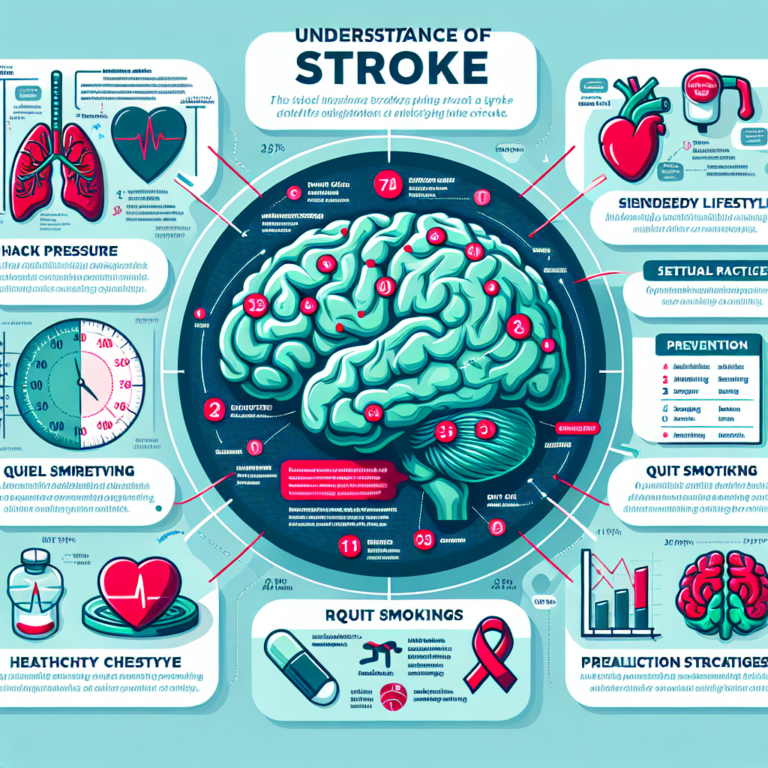
Introduction
In a world that often throws challenges our way, the ability to believe in ourselves can be our greatest ally. This belief, termed self-efficacy, is not merely a buzzword—it’s a fundamental trait that shapes our capacity to tackle hurdles and strive for excellence. Studies show that individuals with high self-efficacy are more resilient, persistent, and likely to succeed in their endeavors. In this article, we’ll explore Mastering Self-Efficacy: Strategies for Overcoming Obstacles and Achieving Excellence that empower you to harness this crucial trait. So, let’s dive in and unlock the secrets to mastering your capabilities!
Understanding Self-Efficacy
What is Self-Efficacy?
Self-efficacy refers to an individual’s belief in their own ability to accomplish tasks and overcome challenges. Coined by psychologist Albert Bandura, this concept is crucial for motivation, goal-setting, and resilience. Unlike self-esteem—which reflects a person’s overall sense of self-worth—self-efficacy is situation-specific.
Why Does Self-Efficacy Matter?
High self-efficacy leads to increased motivation, performance, and resilience. For instance, a student who believes they can excel in mathematics is more likely to engage deeply with the material, seek help when needed, and persist through challenges. Conversely, a student lacking this belief may shy away from challenges, ultimately leading to underperformance.
Strategies for Mastering Self-Efficacy
To effectively master self-efficacy and apply strategies for overcoming obstacles, consider the following:
1. Set Clear, Achievable Goals
Why It Works: Setting clear, achievable goals gives you a pathway forward, enhancing your sense of control. Break large goals into smaller, manageable tasks.
Case Study: Sarah’s Academic Journey
Sarah, a college freshman, struggled with her coursework. By setting a goal to study for 30 minutes daily and gradually increasing her study time, Sarah built her confidence over the semester. With time, her grades improved significantly, illustrating how setting clear, achievable goals can enhance self-efficacy.
| Goal Type | Description | Outcome |
|---|---|---|
| Long-term Goal | Graduate with honors | Increased motivation |
| Short-term Goal | Study daily for 30 minutes | Build confidence |
2. Embrace Challenges
Why It Works: Facing challenges head-on normalizes discomfort. Each challenge faced is an opportunity for growth and skill acquisition.
Case Study: John’s Career Transformation
John worked in administration but felt stuck. He volunteered for projects outside his usual scope of work, such as leading presentations. Initially daunting, these challenges sharpened his public speaking skills and significantly boosted his self-efficacy, leading to a promotion.
3. Cultivate Positive Self-Talk
Why It Works: Our internal dialogue can significantly influence our actions and beliefs. Practicing positive self-talk can help reframe negative thoughts.
Personal Reflection: Change Your Inner Voice
Instead of thinking, "I can’t do this," practice affirmations like, "I have the skills and knowledge to tackle this challenge." Over time, this shift can enhance self-efficacy.
4. Learn from Role Models
Why It Works: Observing others who have overcome similar challenges can inspire us and provide a mental blueprint for success.
Case Study: The Influence of Mentorship
Maria admired her mentor, who successfully transitioned careers. By studying her journey and emulating her strategies, Maria not only enhanced her self-efficacy but also achieved her own career transition successfully.
5. Seek Feedback and Support
Why It Works: Constructive feedback can provide new perspectives and encourage improved performance, while support from peers can enhance belief in one’s abilities.
Case Study: Tim’s Fitness Journey
Tim felt overwhelmed by his fitness goals. By joining a local running group and regularly seeking their feedback, he built confidence in his abilities, leading to a successful half-marathon completion.
6. Reflect on Past Successes
Why It Works: Reminding yourself of past victories, regardless of how small, reinforces a sense of capability and builds your self-efficacy for future challenges.
Personal Reflection: Keep a Success Journal
Maintaining a success journal where you record achievements, both big and small, can serve as a powerful motivation tool.
Overcoming Common Obstacles
Fear of Failure
Strategy: Reframe failure as a learning opportunity. Understand that every setback can be a stepping stone toward success.
Comparison to Others
Strategy: Focus on your unique journey. Remember that everyone has different challenges and timelines.
Lack of Resources
Strategy: Be proactive in seeking resources. Online courses, community programs, and mentorship can bridge gaps in knowledge or support.
Conclusion
Mastering self-efficacy is not an overnight endeavor—it’s a continuous journey filled with growth opportunities. By employing strategies for overcoming obstacles, such as setting achievable goals, embracing challenges, cultivating positive self-talk, and seeking support, you can unlock your potential and drive toward excellence.
Let your belief in yourself be the fuel that propels you toward success. Harness the power of Mastering Self-Efficacy: Strategies for Overcoming Obstacles and Achieving Excellence, and start creating the life you desire today!
FAQs
1. What is the difference between self-efficacy and self-esteem?
Self-efficacy is a belief in your ability to succeed in specific tasks, while self-esteem reflects your overall sense of self-worth. Both are important, but they influence behavior in different ways.
2. How can I measure my self-efficacy?
You can assess your self-efficacy through self-reflection and rating your confidence in specific tasks. Journaling your successes and challenges can also provide insight.
3. Can self-efficacy be improved over time?
Yes! Self-efficacy can be developed through experiences, feedback, and practice. Gradual exposure to challenges and reflecting on successes can enhance this belief.
4. What role does mentorship play in building self-efficacy?
Mentorship can provide guidance, encouragement, and a model for overcoming challenges. A mentor can share their experiences, helping you feel more capable and motivated.
5. How should I respond to setbacks?
View setbacks as valuable learning opportunities. Reflect on what went wrong, adjust your approach, and remind yourself of your previous successes. This resilience builds self-efficacy.
By actively engaging with these aspects of self-efficacy, you can foster a mindset of growth and resilience that prepares you for success in any endeavor. Remember—Mastering Self-Efficacy: Strategies for Overcoming Obstacles and Achieving Excellence starts with you!















